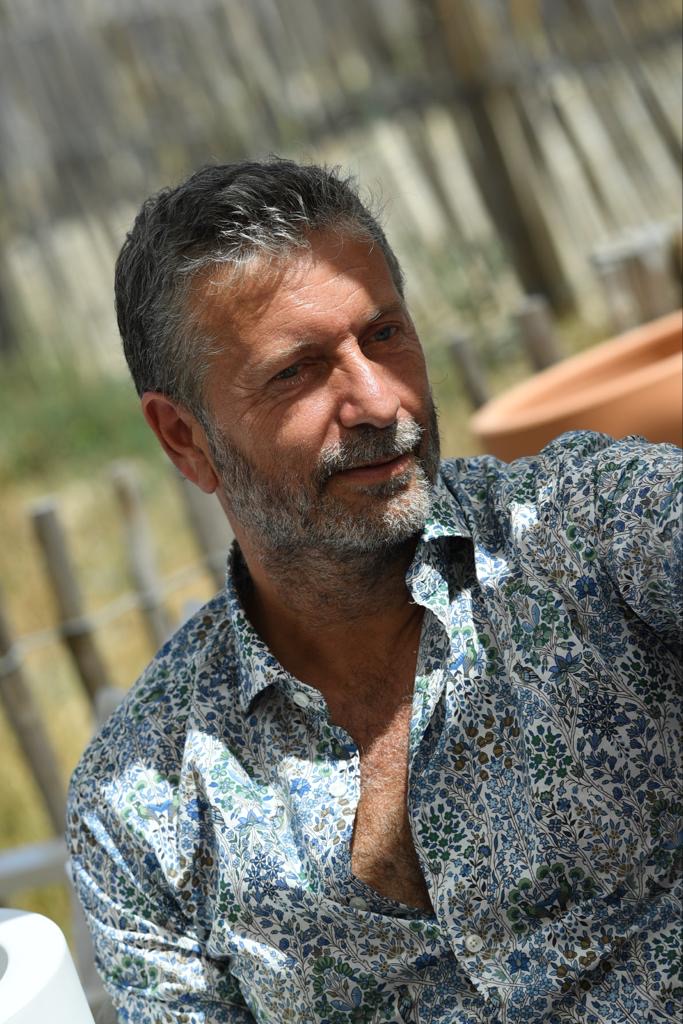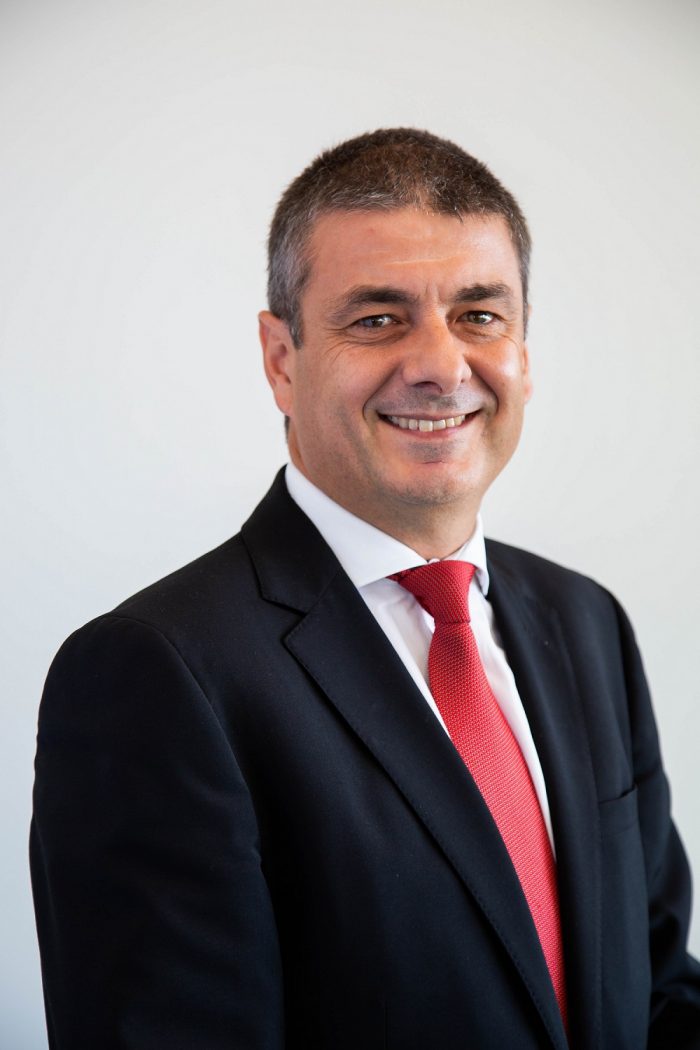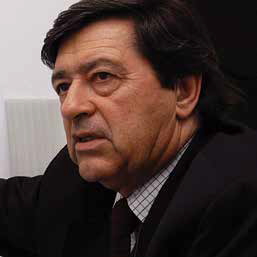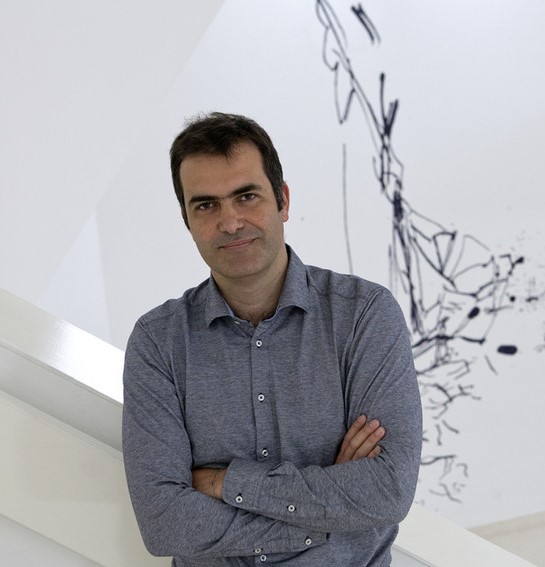A conversation with Arch. Miguel Câncio Martins

A conversation with Arch. Miguel Câncio Martins
'Inspiration is not ordered, it comes from observing the most varied and sometimes unexpected things, from listening to others, from travels, from lessons, from bad experiences and from the hard drive that is in my head, with the accumulation of information that I have been gathering'
Born in Lisbon, graduated in Brussels, began his professional life in Paris. Tell us a little about your journey.
I have a less conventional path but it gave me a lot of experience and satisfaction. I was born and lived in Lisbon until I was 15 years old, I studied at the Deutsche Schule Lissabon, went to Paris without speaking French, went to Brussels to study architecture and came back to Paris to start my professional life. And that’s when it all started in reverse. We were in the middle of the economic crisis and I didn’t get an internship in an architecture office. I was lucky enough to open a bar, with some friends, decorated by me, and then the invitations to design bars, restaurants and clubs around the world started. I had little office experience but there I started designing new projects at home, in the kitchen. Then I needed help and started asking friends to come and help me. Suddenly I was running 12 people. I had to learn by myself but I was very lucky to work with extraordinary artisans. It was in the field that I learned the most. When I started doing some projects in Portugal, and seeing so many opportunities and potential, I decided to come back and, in 2016, I opened my office. To realize the project of my dreams, the Quinta da Comporta hotel I had to be here. I get many projects in Portugal, through my contacts abroad.
In 2005, you became a partner of your father, also an architect. What did you get out of that experience?
My father, an architect by training, followed other paths not linked to architecture. In 2005 he returned to his initial activity, together with me. It was a pleasure to work with my father and share the same passion. It was enriching to enjoy his experience. Without judgment, he gave me serenity in dealing with the projects.
What are the advantages of being a citizen of a Europe where it is easy to work, without restrictions?
We are all citizens of the world and we are lucky to belong to an extraordinary Europe, with its strengths and some flaws, but with a wealth and variety of cultures, with so many opportunities and ease of movement. We are an example, a model. We are not perfect, there is still a lot to do. When we see all the restrictions and bans on other continents, we might as well be happy.
Sometimes you have 20 projects at the same time. How do you divide to be able to coordinate so many jobs simultaneously?
I was lucky to have proposals to make projects around the world and it’s like a snowball. To manage several projects at the same time, you have to be passionate about your work, be inspired, be surrounded by employees who share the same passion, observe and listen to others and not count your time. Inspiration is not ordered, it comes from observing the most varied and sometimes unexpected things, from listening to others, from travels, from lessons, from bad experiences and from the hard drive that is in my head, with the accumulation of information that I have been gathering since childhood. Unconsciously, all this information appears at the moment of creation and, with time, it matures until reaching the desired result.
What are the main differences between countries, regarding bureaucracies, requirements, rules…?
There are still large differences between countries in dealing with the same issues. There should be more communication and exchange to improve bureaucracy. Time is the most vital factor in our life and it is sad when the administration drags processes, when there is no effort to find solutions. There should be more contact between designers and decision-making entities and make the promoter and designers more accountable to relieve public entities. In Portugal, the architecture project has to be delivered, wait for approval, so we can submit the specialty projects, and only after that they get to be approved by public entities. This whole process is very slow. In France, the promoter is responsible and has to hire a control entity for the specialty projects, which are delivered at the end of the work. This entity does not sign if the projects and construction are not in compliance. There is no need for teams from public entities submerged in project analyses, thus saving time.
What do you like to do the most and what have you not had the opportunity to do yet?
I really like to make public spaces for the freedom they give me. The complexity of thinking about how people are going to live our work, the impact we have on society, constant innovation, constant questioning and the visibility it gives us. All of this stimulates me.
What I would like most was to develop a project of another dimension, such as taking care of the Comporta’s area, to participate in the definition and evolution of this region, which I would really loved to preserve.
This interview is an integral part of Revista Artes & Letras # 131, June 2021
Partially automatic translation from portuguese: some expressions may differ from their actual meaning.
News & Interviews
A conversation with Eng. Carlos Fernandes
'The National Infrastructure Plan 20-30 [which provides for] the construction of high-speed lines is already taking its first steps. [On the other hand, the assets that are no longer needed for road-rail operation [are being] rehabilitated and reused for other purposes' Read more
A conversation with Arch. Miguel Arruda
'We take visual perception for granted, while the tactile sense is not so present, which is something that one discovers in sculpture.’ Read more
A conversation with Arch. Pedro Campos Costa
'It is important to create synergies to see if we can live here in this rectangle. That’s the message I want to send at the Venice Biennale: there’s a lot to do here inside!’ Read more




